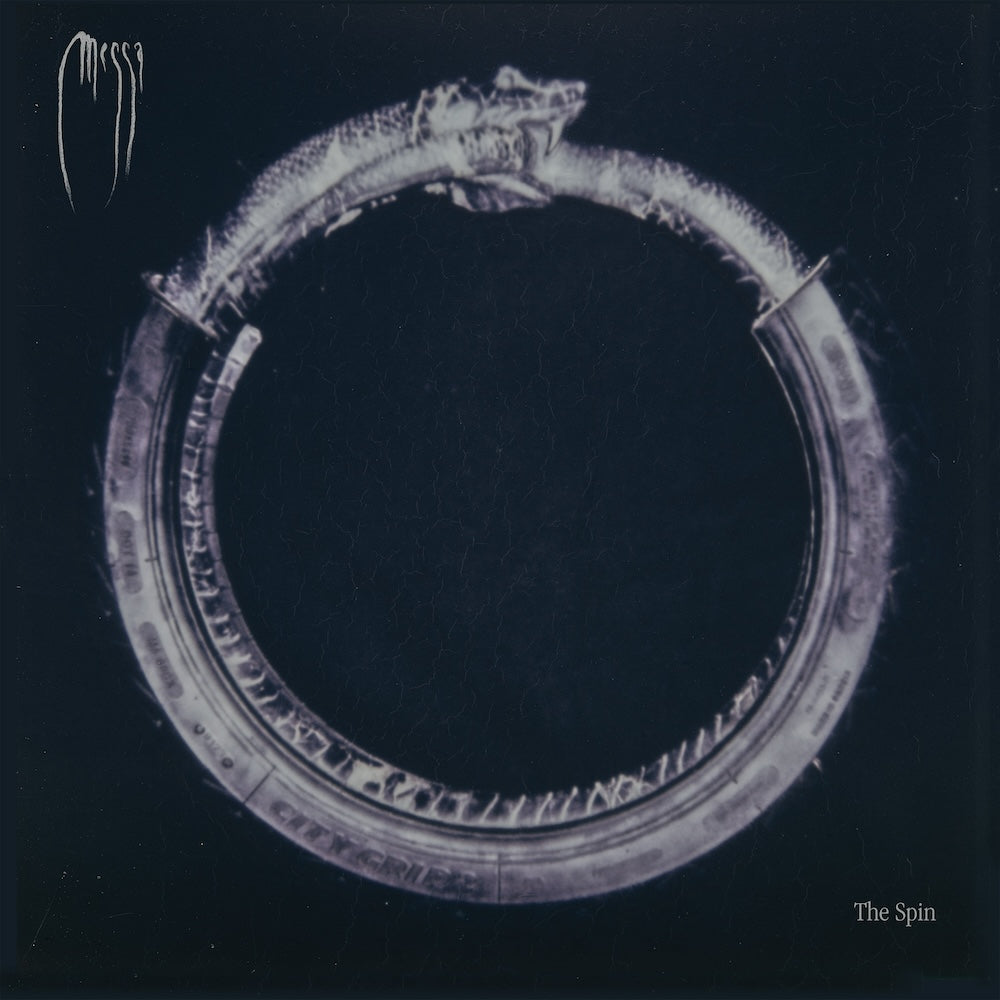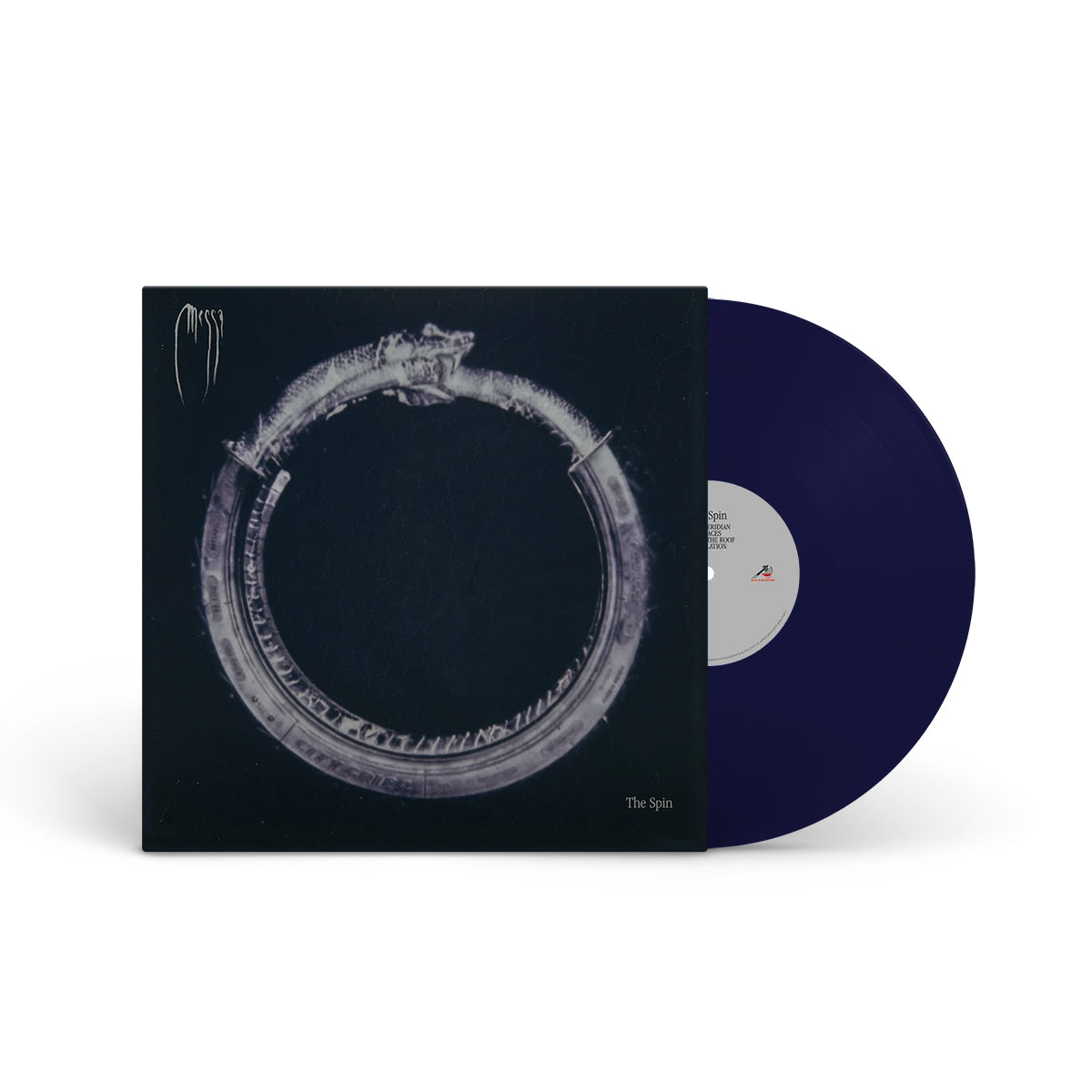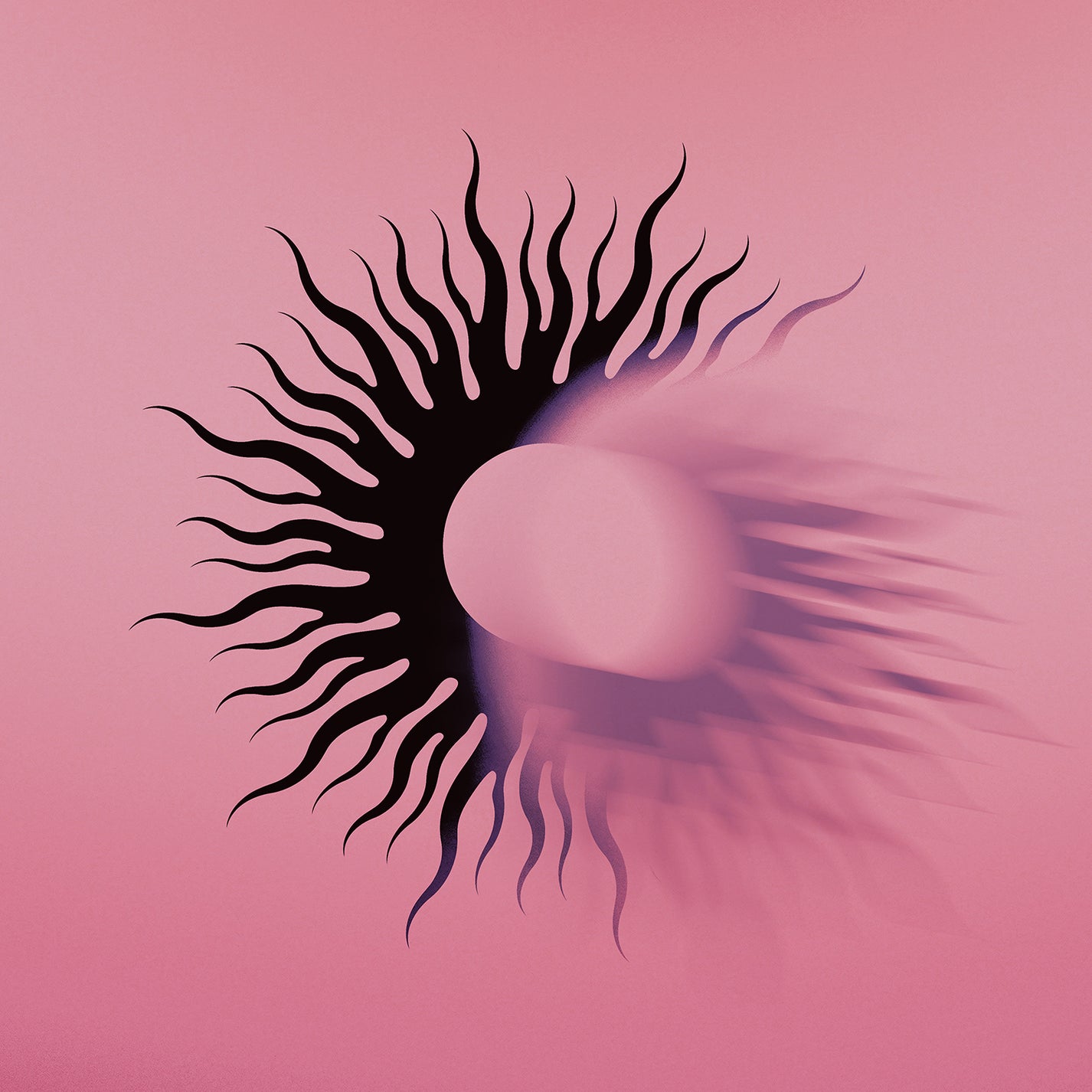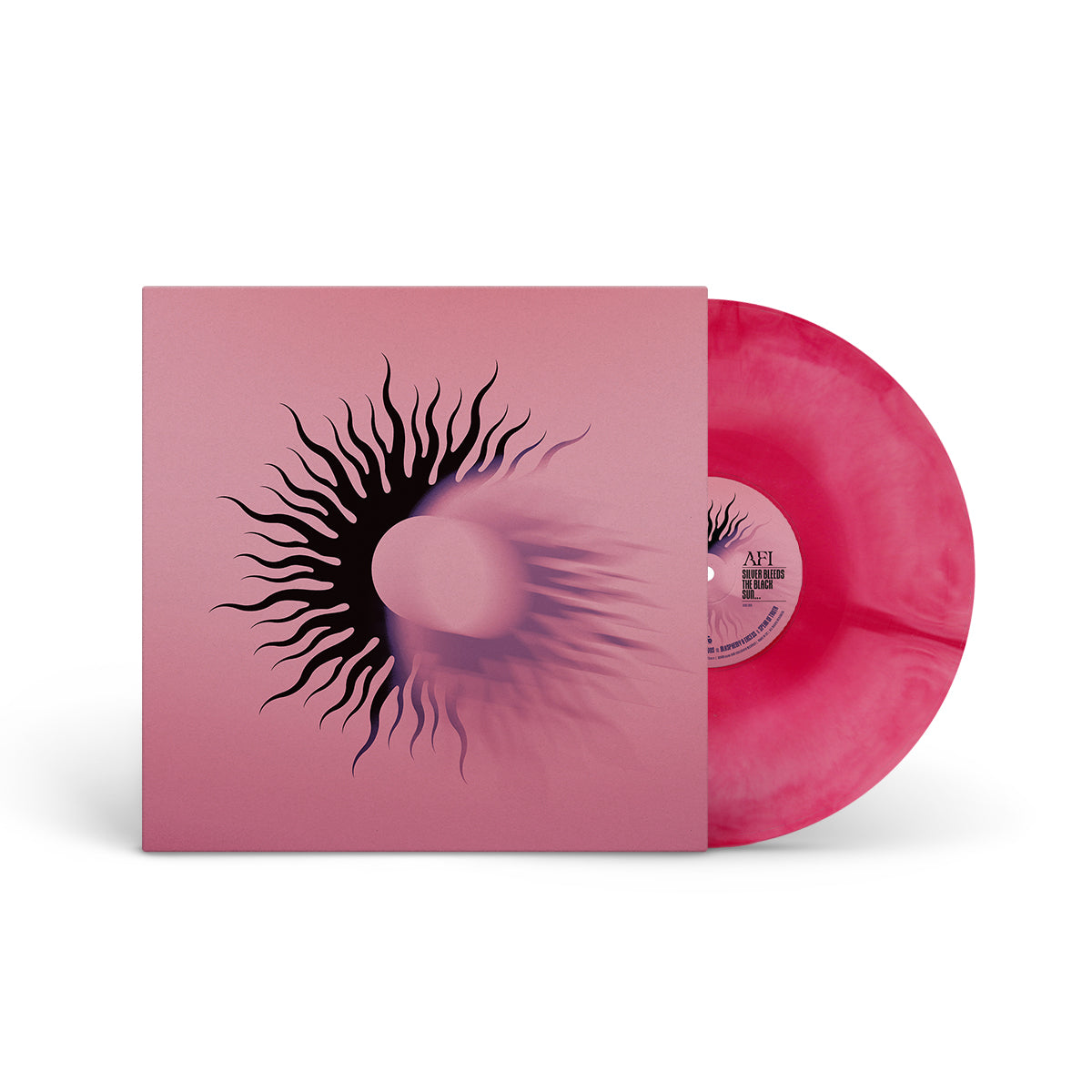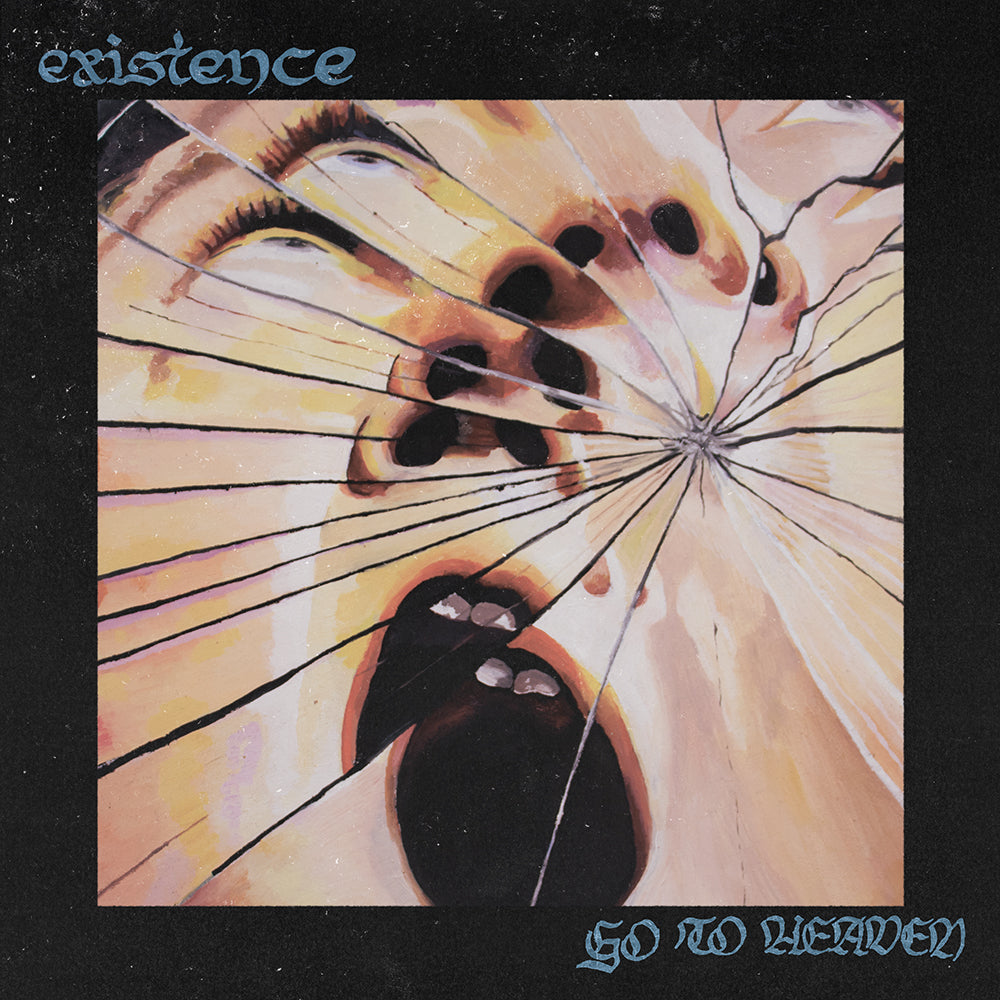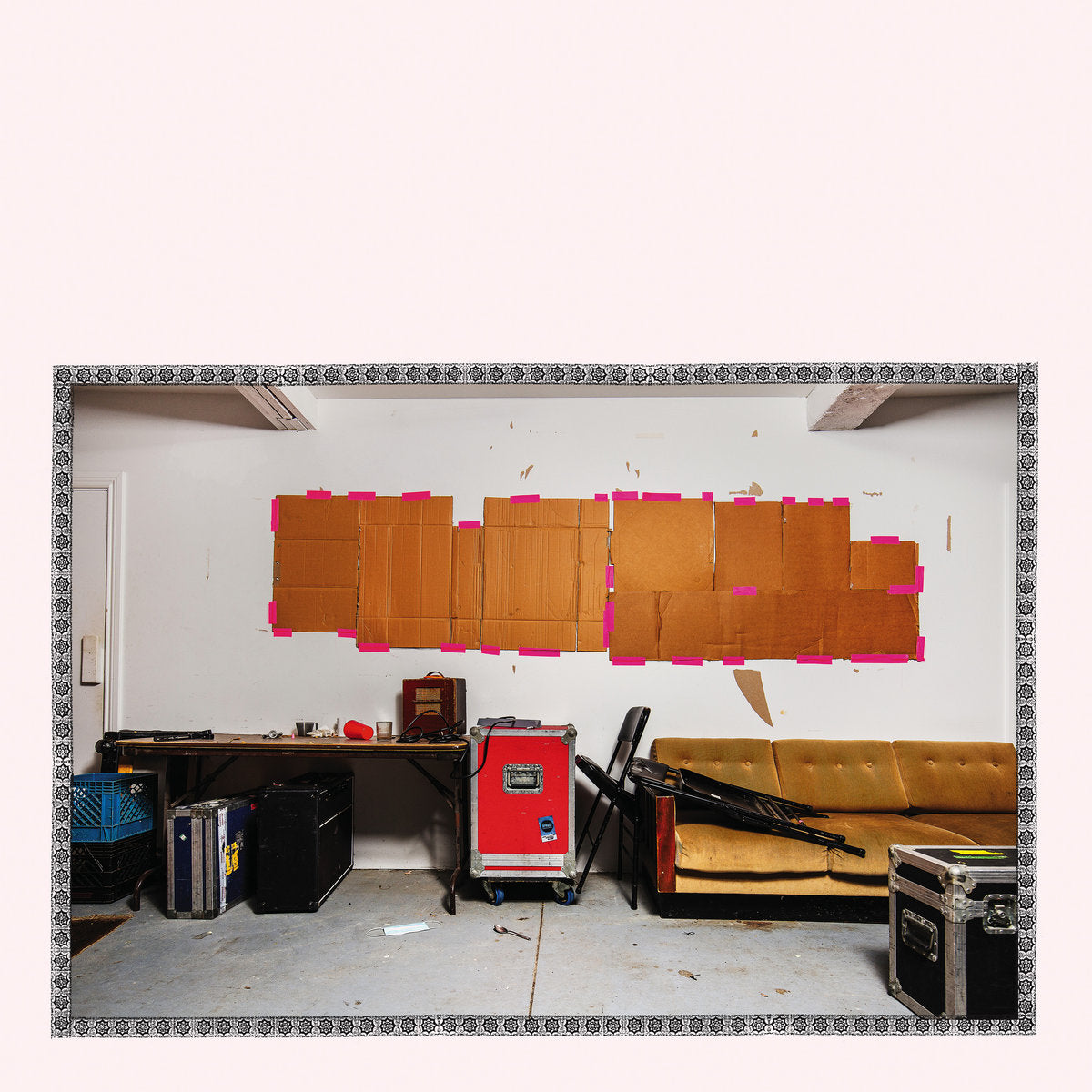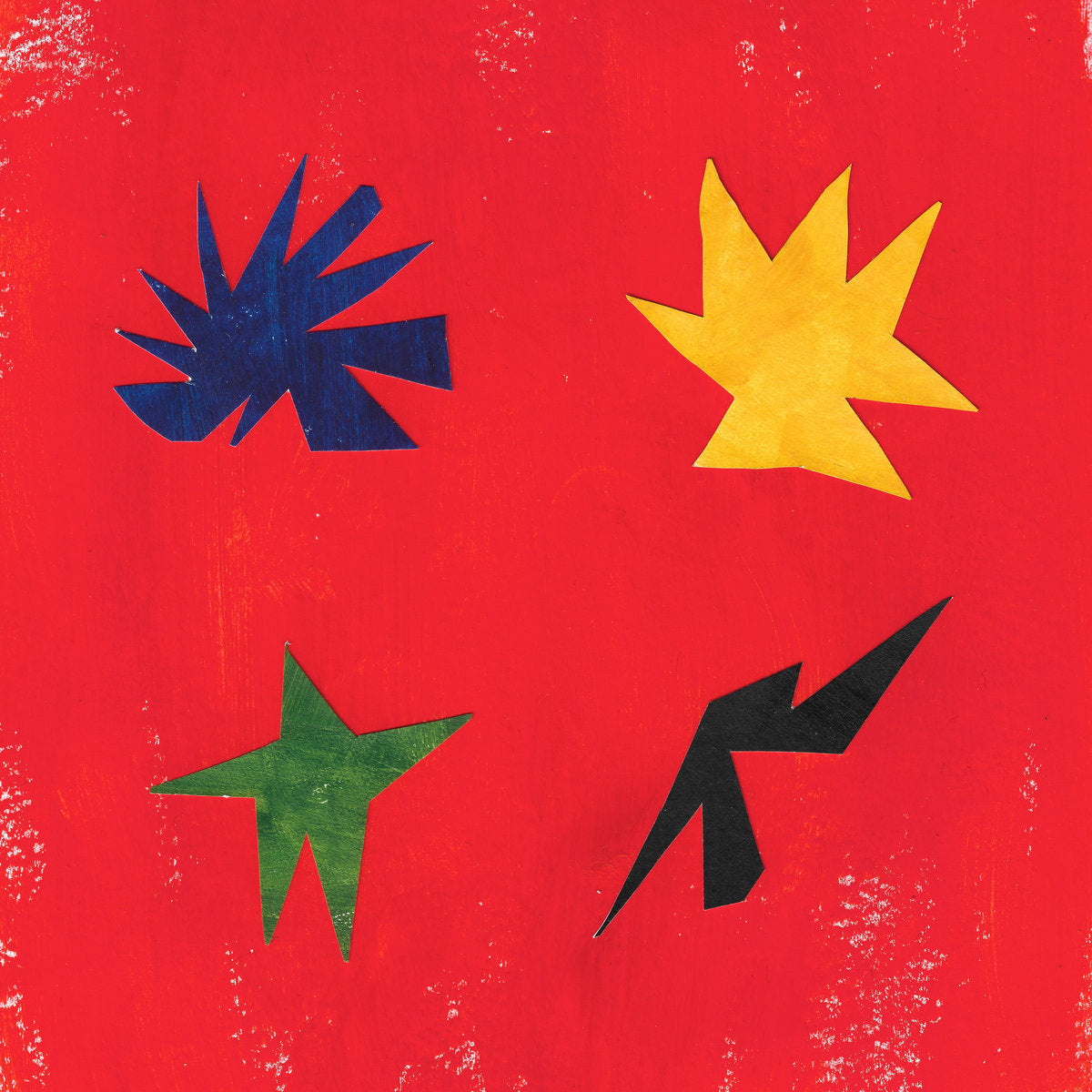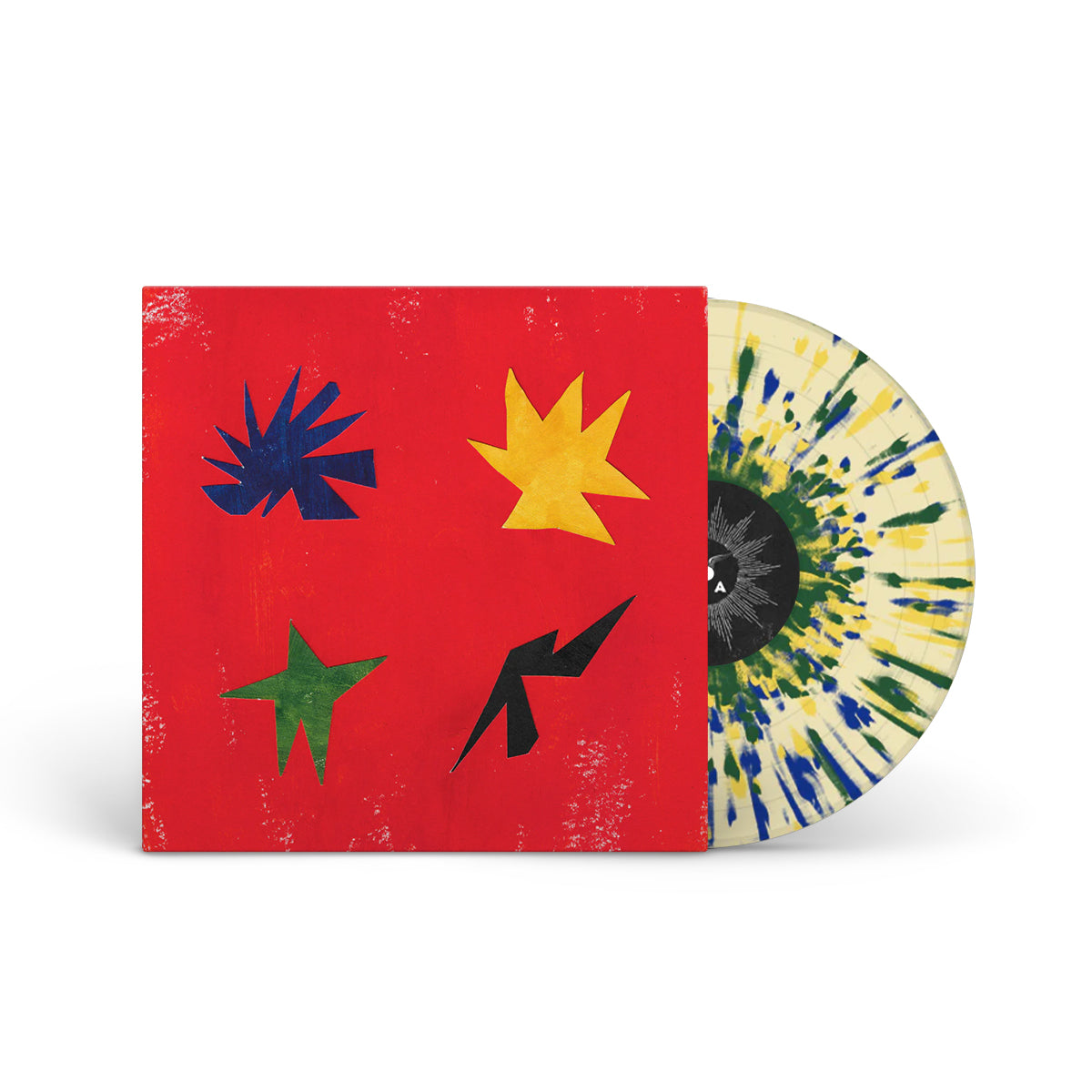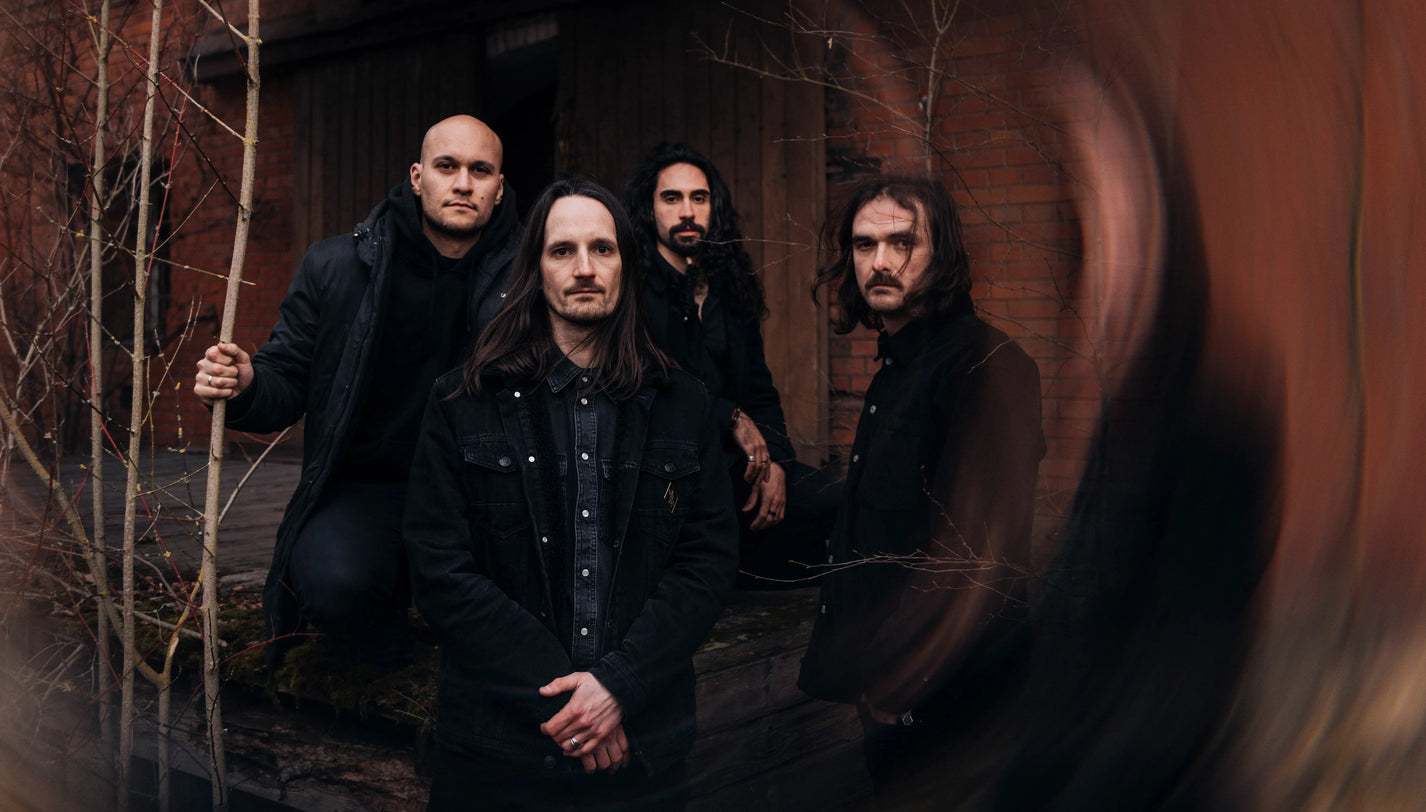
“Music isn’t about quick attention, it’s about a journey and telling a story”, says Nikita Kamprad. On the new Der Weg Einer Freiheit album Innern, he celebrates the anachronistic idea of taking your time and finding meaning and value through introspection.
Words: Christina Wenig
It’s hard not to live through your social media feed these days, not to get caught in an endless doomscrolling loop, swiping through real-time documentations of crimes against humanity, the rise of fascism and the overall dumpster fire that is our world right now in two-second intervals. The times we live in are cruel and fast – and bound to crush your spirit sooner or later.
Enter Innern, Der Weg einer Freiheit’s sixth studio album. While this record (or any record, for that matter) won’t save the world or change its course, its meditative vastness and continuous ebb and flow of rage and tranquillity provide a sense of catharsis, release and maybe even peace at moments. There’s a certain clarity or feeling of growth that can be found in the face of suffering, after all. Much of the southern German band’s work carries this sort of philosophical weight that drew inspiration from books like Marlen Haushofer’s The Wall or Hermann Hesse’s Demian in the past. And once again, Innern (which translates to inside or inward) looks at the internal rather than the external– not to shy away from the reality of life but to find the strength to deal with it.
As a result, these songs are both highly personal and universal; their creation as therapeutic for bandleader and main songwriter Nikita Kamprad as descending into their depths might be for listeners. “Writing is about understanding myself, which I think is crucial before you can start to understand the world around you”, he explains. “Once you begin to see why you are the way you are, you can develop self-compassion and learn to value yourself. That’s so important in a world where your worth is constantly measured by numbers, grades, likes, followers – things that, honestly, don’t mean anything. With Innern I found a way to get closer to that intrinsic value, which in my opinion is one important key to cope with all this negativity, manipulation and noise introduced to our lives by the modern, digital world.” Think of this cliché saying you can’t take care of others if you don’t take care of yourself. The annoying thing with clichés is: There’s usually a core of truth in them.
A matter of time
Of course, self-exploration and self-discovery take time. So does Innern. If you’ve been following the band throughout their 15-year career, songs like Marter and Xibalba – clocking in at around ten minutes each – won’t surprise you. Drawing much of its compositional prowess, attention to detail and extensive dynamics from classical music, with predecessor Noktvrn being heavily influenced by Chopin and Arvo Pärt, this music was never meant to be very compact – it needs space to let emotions and ideas grow, to reveal its various facets and traits. “I see the band as a kind of small orchestra rather than just a metal band”, Nikita elaborates on this scope and intricacy. “Every instrument carries equal weight in the harmonic structure. The bass, in particular, is often overlooked in metal, but in our music, it’s essential. Mute it, and the songs don’t work anymore.”
But even as post (black) metal is one of the bastions of expansive musical pieces, songs (or worse: an entire album) that slowly build over a larger amount of time are contrary to today’s music market that is focused on snackable content, viral moments and playlist placements. Some people would argue that releasing songs longer than three minutes is career suicide nowadays – Nikita Kamprad couldn’t care less. “It’s a bold statement, almost a way of reminding or even forcing the listener to slow down and dedicate their time to the music”, he says about opening Innern with two ten-minute tracks. “Nowadays, everything is about grabbing someone’s attention in the first few seconds, otherwise, you’ve lost them. With social media and advertising constantly fighting for your focus, music is often treated the same way. I don't accept that.” While music is increasingly being regarded as a product that needs to be as easily consumable as possible, Der Weg einer Freiheit turn the tables and ask their listeners for something in return: If you want to experience Innern wholly, you must invest time and attention – two of the rarest goods nowadays. For the band, this means accepting that their music will never be for the masses but for a dedicated group.
Evolution instead of reinvention
Deliberately created in a chronological order – the first track written first, the last one last – Innern takes you on a journey that crosses familiar realms and new sceneries, the latter a product of Nikita Kamprad (who’s responsible for production, mix and master) being able to dedicate himself entirely to writing and experimenting in his own studio. Turns out, the self-discovery and longing for transformation that is at the core of Innern, the studio debut of bassist Alan Noruspur, translates not only to content but also sound: You will hear synths adding texture and intensity throughout the entire album, you will hear new vocal techniques, including throat singing, on Eos – influences that have been smoldering beneath the surface for a while but only now have been unearthed.
There’s another premiere on Innern, with album closer Forlorn (the only English track on the album) being the first song co-written by Nikita and guitarist Nicolas Rausch – an exercise in ceding creative control for the band leader and founder; its post-rock crescendo being clear proof that taking risks pays off. It’s the culmination of more than a decade of steady evolution, painstakingly manifesting the essence of Der Weg einer Freiheit rather than aiming for constant reinvention. “Looking back at our discography, there’s never been a song or an album that feels like a complete outlier”, Nikita Kamprad agrees. “It’s always been a steady, continuous path forward. Not a dramatic leap, but a straight and honest line of growth. And for me, that’s what artistic integrity is all about.”
This method has proven to be successful: Der Weg einer Freiheit are arguably one of the most successful (post) black metal bands to have emerged from the German underground in the last 15 years, with tours leading them across Europe and their previous album Noktvrn having reached position 34 on the German album charts. You could feel pressured by that kind of success, but once again, it’s all about shutting out outside voices: “We’ve never aimed for fast or easy success. What matters to me is authenticity, staying true to myself, enjoying what I do, and most importantly, enjoying the process of writing, performing, recording and releasing. The process of doing this band”, Nikita Kamprad explains with seemingly undying calm. “We’re not in a rush. We’re on our own timeline.”


